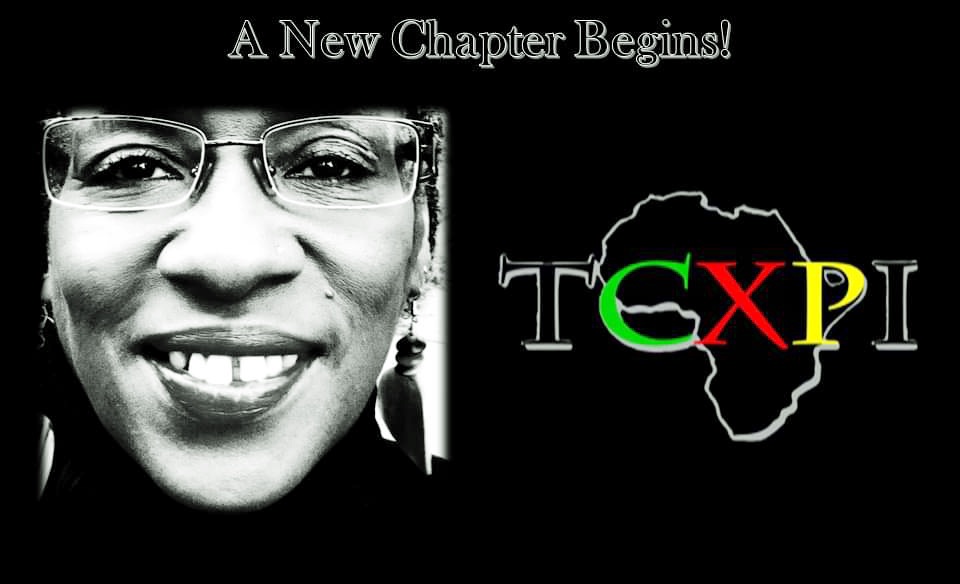
The Silent Algorithm: Meta's Transparency Problem and the Erosion of Trust
- Cynthia Chinue X Cornelius

- Apr 26, 2025
- 2 min read
The Silent Algorithm: Meta’s Transparency Problem and the Erosion of Trust
In an era where technology connects billions, transparency and accountability are non-negotiable for platforms wielding immense power.
Meta, formerly Facebook, has positioned itself as a cornerstone of digital interaction. Yet, its track record raises pressing concerns about whether it prioritizes profits over public responsibility.

"Algorithms in the Shadows"
At the heart of Meta's ecosystem are its algorithms—opaque, omnipresent, and endlessly influential. These digital gatekeepers determine what billions see, share, and believe. While Meta claims these tools foster connection, the reality is murkier. Studies suggest these algorithms amplify polarizing content, misinformation, and harmful material. And yet, the specifics of how these systems function remain hidden. Why? Because transparency could expose just how much these platforms thrive on divisive engagement.

"Content Moderation: A Flawed Approach"
Meta’s shift from stringent content moderation to looser, community-driven tools such as "Community Notes" has sparked alarm. With fewer professional fact-checkers and increased reliance on the public to police misinformation, the platform risks becoming a haven for unchecked falsehoods. This not only undermines the platform's credibility but disproportionately harms marginalized communities, who often bear the brunt of misinformation campaigns and hate speech.

"Civil Rights Rollbacks and the DEI Retreat"
Meta’s recent decision to scale back its Diversity, Equity, Inclusion, Accessibility, and Belonging initiatives is another glaring red flag. This retreat signals a troubling deprioritization of marginalized voices, particularly at a time when these voices need amplification the most. Critics argue that such a move contradicts Meta's stated mission of fostering an inclusive digital space.

"The Cost of Inaction"
The consequences of Meta’s opacity are profound. From the spread of election disinformation to the role of its platforms in inciting violence, the lack of transparency and accountability poses risks not just to individuals but to democracies at large. Users are left in the dark about the true impact of their engagement, while regulators struggle to impose meaningful oversight.

"Rebuilding Trust Through Responsibility"
To address this crisis, Meta must commit to radical transparency. This means opening its algorithmic systems to external audits, implementing stronger content moderation frameworks, and prioritizing DEI efforts to protect and empower marginalized voices. Meta must also involve independent oversight committees to review and regulate its practices, ensuring that accountability isn’t merely cosmetic.
The digital age demands accountability from its most influential platforms. If Meta fails to heed this call, it risks not only eroding user trust but also becoming an emblem of what happens when innovation operates without responsibility.
Respectfully
Cynthia Chinue X Cornelius
CEO and Founder of The Chinue X Project Inc TCXPI An Afrocentric Educational Resource Service
EIN #453562684






Comments